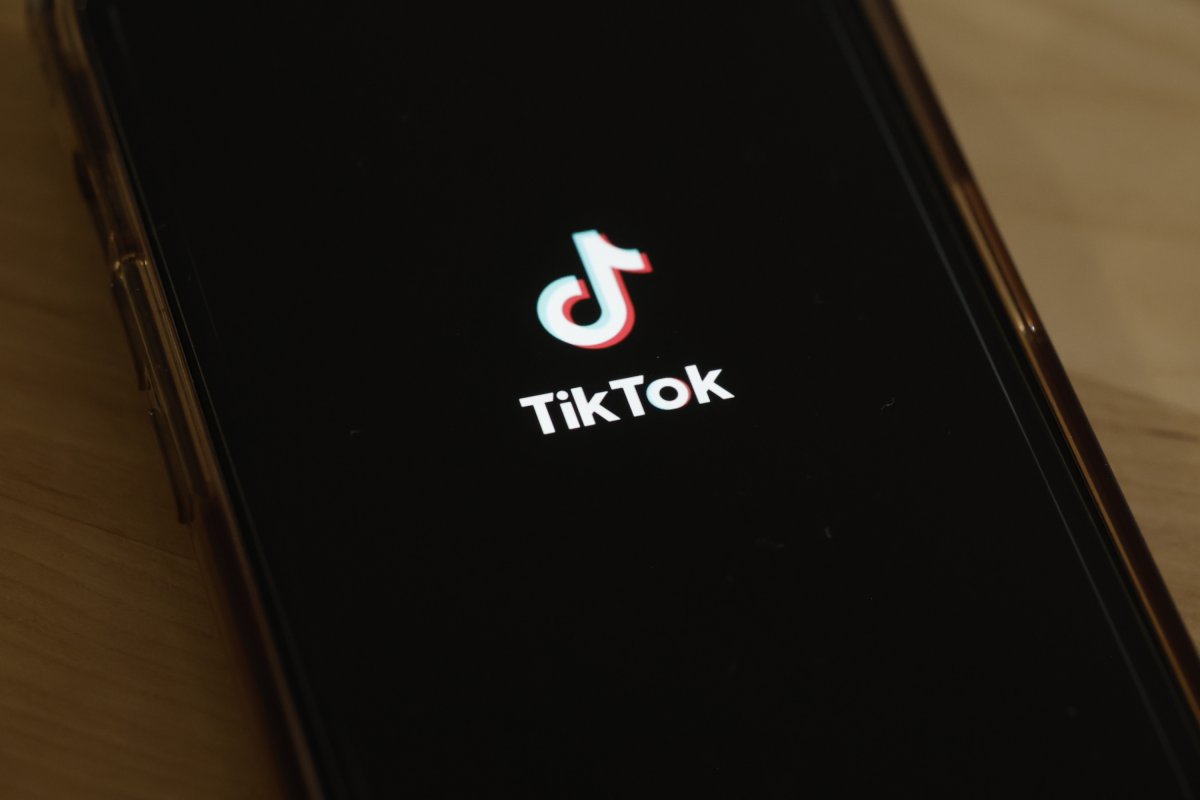Free speech is America's best right. The freedom to have and express any view one chooses is the country's beating heart. Certain other freedoms—like the freedom for a foreign communist adversary to own a huge American social network—are not so critical.
A bill passed on Wednesday by the House of Representatives would push the Chinese communist owners of TikTok to sell the video-sharing app to a new owner. The main requirement would be that the new owner not be controlled from China, Russia, Iran, or North Korea. Should the current owners refuse to sell, TikTok would be excluded from American app stores and web hosts. Under the bill's broad language, the web-host ban may include content-delivery networks. That would slow it down for American users.
Free speech simply isn't all that good—or really all that free—when it's the strategic manipulation of a foreign adversary. It is the exchange of conscience between genuine speakers and listeners that makes free speech sublime. With TikTok, one speaker involved is the social network itself—with the conscience of a malign foreign adversary.
The main message on TikTok is TikTok's own. The pretense that social networks are a "mere platform for speech" was left behind years ago. Modern social networks are not mere platforms but broadcast networks—and they're the most efficient broadcast networks that ever were. Before, to change what millions or hundreds of millions would see, you would produce a show—write a script, hire actors, and shoot film. Now, sophisticated social networks simply change code.
A TikTok user can choose the video he uploads. But so can a billion others. Every day. A TikTok user cannot choose what other videos he sees. TikTok chooses that through its code. And for any end, among the many millions of daily videos, there is a fit means—be it advertising or revolution.
Would China prefer anti-Trump videos on TikTok? There's code for that. How about anti-Supreme Court videos? There's code for that, too. Might China and the United States be at war? There's code to turn TikTok into a Jane Fonda on every phone. TikTok takes in its users' speech but then decides what to broadcast back to its users writ large.

That message can make its users unnaturally sad, according to a Wall Street Journal investigation. A social network designed intentionally to do so could be made illegal. And a social network could be so designed. Facebook experimented with manipulating its users' moods up and down and discovered that it could.
Congress cannot ban an American social network just because Congress decides the network makes its users sad. But TikTok is owned by foreign adversaries. Merely that it could do all sorts of mischief with American children is reason enough to afford it far less leeway than America affords her own social networks.
Free speech in America is for Americans. No Belgian can demand a trial in American courts for a crime Belgium accuses him of having committed in Belgium. No Canadian can demand from Canada under the American Constitution the freedom to protest the government in Ottawa. TikTok cannot cynically appeal to the principles of a country for whose people its communist owners have neither affection nor fraternity when Americans become alarmed at what TikTok is doing—or could do—to their sons and daughters.
A forced sale of TikTok accords with the American principle of free speech because TikTok is a broadcast network popular with American children and owned by foreign adversaries. No heavier burden to free speech than that one is necessary to justify a forced sale of TikTok because alternative networks exist for a TikTok user to publish his message unadulterated by TikTok's own.
Free speech on the app would not be guaranteed after a sale. The new bill gives President Joe Biden the discretion to decide to whom TikTok may be sold—and that's bad. Biden supports the bill to push for a TikTok sale probably because he's bleeding support from his base over his backing of Israel's retaliation in the Gaza Strip. Videos critical of Israel are popular on TikTok and TikTok is popular with Biden's base.
Biden would likely use power over TikTok's sale to require TikTok's new owner to tamp down criticism of his policies. The TikTok bill should prevent any such political extortion. Republicans in the House and Senate should ensure that it does. The message of TikTok the network must not be replaced with the message of Biden the candidate. The message of American TikTok should be its American users' alone.
Sean Ross Callaghan is an attorney, a tech entrepreneur, and a onetime federal law clerk.
The views expressed in this article are the writer's own.
Uncommon Knowledge
Newsweek is committed to challenging conventional wisdom and finding connections in the search for common ground.
Newsweek is committed to challenging conventional wisdom and finding connections in the search for common ground.
About the writer
To read how Newsweek uses AI as a newsroom tool, Click here.








